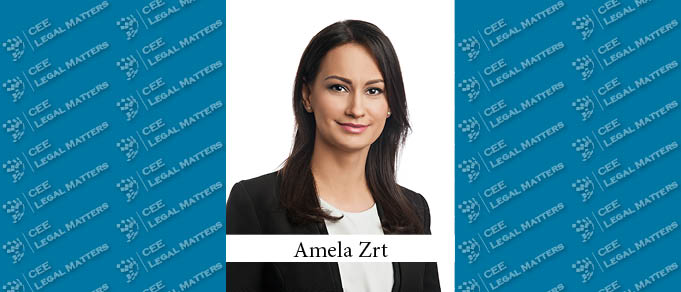Picture a situation where a company divests a part of its business to create a new company. Employees are transferred to the spin-off company too. Based on Article 75 of the Employment Relationship Act (ZDR-1), the provisions on the transfer of an undertaking (change of employer) then apply. The article governs the joint and several liability of both the transferor and transferee company; however, it limits liability solely to the claims of employees who were actually transferred.
So, what happens to those claims from employees whose employment with the transferor company terminated before the transfer, i.e. before the division was entered in the court register?
In September 2021, the Supreme Court addressed such a case. The lower courts decided that the transferee company is severally and jointly liable and ordered it to pay the amounts the employee had claimed. The decision hinged on the assessment that the spin-off contract saw all the parent company’s rights and obligations arising from the transferred assets transferred to the spin-off company – the employee’s employer.
However, the lower courts did not rely on Article 75 of the ZDR-1 when reaching this decision, but on Article 433 of the Obligations Code. The latter regulates the liability of the person to whom all or part of a property passes under a contract. It stipulates that such a person is jointly and severally liable together with the former property holder for the debts related to the whole or part, but only commensurate with the value of its assets.
The spin-off company contested this decision before the Supreme Court, questioning whether the lower courts had acted lawfully when applying Article 433.
The spin-off company argued that the ZDR-1 provisions are more specific (lex specialis) and thus that Article 433 is inapplicable. It further argued that if the court deemed that the ZDR-1 could not be applied either, then the Companies Act (CA) would apply.
While the Supreme Court agreed that the ZDR-1 provisions are more specific, it also stated that Article 75 of the ZDR-1 does not address the issue at hand and cannot, therefore, be applied.
But, according to the Supreme Court, Article 433 cannot be applied either. Even though the business was transferred contractually, the provisions in question cannot be applied because the contract is a spin-off of the company contract, which represents an instance of company law and is therefore regulated by the CA (again, the lex specialis).
Article 636 of the Companies Act stipulates that for all liabilities of the company incurred up until the division is entered in the court register, in addition to the spin-off company to which the division plan allocated the obligations, each other company participating in the spin-off is jointly and severally liable, commensurate to the asset value allocated to it in the spin-off plan, less the obligations assigned.
The spin-off company mistakenly thought that according to Article 636 it was only liable for the assets transferred to it in the spin-off plan and not also for the assets not assigned to it from which it hoped to be exonerated. The liability under Article 636 of the CA is broader, covering joint and several liabilities for all the obligations that occurred prior to the entry of the division in the registry, including the obligations not assigned to the spin-off company.
As the court rightfully established, the liability remains for the spin-off company, regardless of whether the CA or the Obligations Code is applied; the only difference is in the extent of the liability.
We pondered how the spin-off company could avoid liability for such claims. Considering that, pursuant to Article 636 of the CA, the spin-off company is only jointly and severally liable for the obligations incurred until the division is entered in the court register, we wondered what would transpire if the termination notice was given to the employee after such event. Unfortunately, this would not help when dealing with an employee involved in the spun-off business activity. If such an employee was not transferred and then later terminated by the mother company, it is very likely that the employee could make a successful claim for unlawful termination and would thus end up employed by the spin-off company. However, this particular option can be explored for an employee who is not part of the spun-off business and thus not part of the transfer.
By Amela Zrt, Head of Employment, CMS
This Article was originally published in Issue 8.12 of the CEE Legal Matters Magazine. If you would like to receive a hard copy of the magazine, you can subscribe here.


